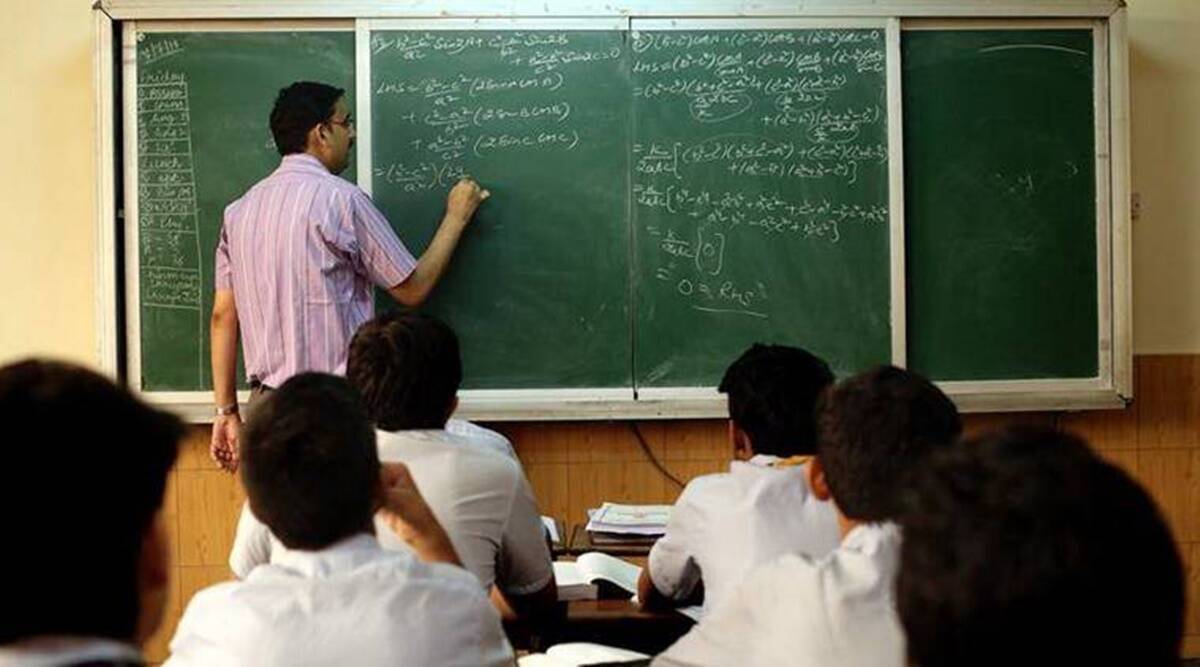 A necessary precursor to a well-rounded teacher recruitment process is to have a comprehensive competency framework in place that details the skills a teacher should have.
A necessary precursor to a well-rounded teacher recruitment process is to have a comprehensive competency framework in place that details the skills a teacher should have. Recruitment of well-qualified teachers into the schooling system is the first prerequisite to ensure that students receive quality education. However, teacher recruitment processes in the country are not adequately streamlined. There are diverse recruitment processes across regions, school stages, and school types — central, state, and private schools. This, in turn, leads to multiple criteria and processes for hiring teachers, thereby bringing a wide disparity in teacher quality across institutions and regions. Many of the processes are also sub-optimal in measuring the competency of a candidate.
One of the most common and widely-taken tests to ensure eligibility for recruitment is the Teacher Eligibility Test (TET), conducted at both the state (STET) and central levels (CTET). TET is the equivalent of the licensure tests that are undertaken by teacher candidates in various countries. However, in India, the test is required only for government school teacher recruitment at the elementary stage (Class 1-8). TET has been critiqued time and again for various reasons. These include low pass percentages, poor test quality, lengthy test papers and a serious lack of alignment with teacher preparation programmes. The test was in the news recently because of the teachers’ recruitment scam in West Bengal.
To mitigate the longstanding gaps, the NEP 2020 recommends not only a revision of the existing test but also supplementing it with other processes such as classroom demonstrations and interviews to gauge the passion and motivation of individuals towards teaching. It further recommends extending these processes to all stages of education in public and private schools alike.
These are welcome measures. What we need is a coherent strategy to tie together the various tests and processes such as TET, teacher recruitment tests, classroom demonstrations and teacher interviews. This will enable a holistic assessment of teacher competence.
A starting point for this could be framing a common understanding of what qualifies as teacher competence. Simply speaking, teacher competence can be understood as the core knowledge, skills, and dispositions expected of a teacher to effectively contribute to the teaching-learning process. But it is impossible to reliably measure all this through a single test or process. Certain knowledge and skills such as conceptual depth in a subject and understanding of education and language comprehension can, of course, be assessed through a paper-pencil test. However, to evaluate several other skills and dispositions, one requires multiple methods of assessment including classroom demonstrations and teacher interviews. These assessments could help gauge skills like effective dissemination of a concept and selection of appropriate resources and learning materials. Most importantly, such processes should help evaluate a teacher’s empathy towards students. Respecting learner diversity and skills in building a participative/democratic classroom culture are crucial requisites of a teacher. The recruitment process should assess the teacher’s aptitude in this respect.
Therefore, a necessary precursor to a well-rounded teacher recruitment process is to have a comprehensive competency framework that details the skills a teacher should have. This could be derived from a teacher education curriculum rooted in policy perspectives of the day. For instance, in the case of the NEP, the curriculum could be geared towards imparting training in classroom practices that make learning joyful.
There will be multiple long-term benefits to adopting such a holistic model of teacher recruitment. To begin with, it will ensure better parity in the quality of teachers recruited across the country. This, in turn, will contribute to equitable education for students from diverse sections of society. The recruitment process will also become credible if it is rooted in a framework that outlines the core competencies of becoming a teacher. At the systemic level, this may also lead to a reduction in coaching centres as the assessment processes will be non-standardised and cannot be easily gleaned from coaching materials and guidebooks.
Teachers with a passion for the profession are foundational to the positive educational change envisaged by the NEP. Setting up clear benchmarks of quality and well-designed recruitment processes hold the key to ensuring better teaching-learning outcomes.
Chomal and Raj teach at the Azim Premji University